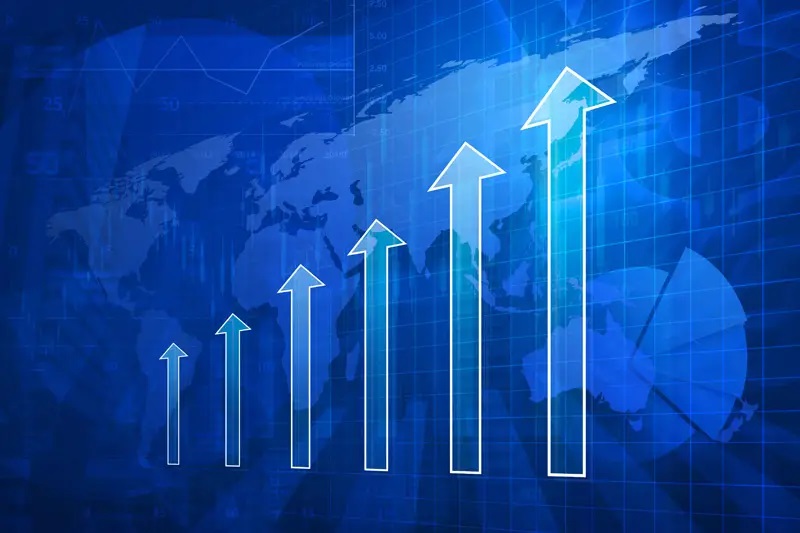Artificial intelligence (ai) in various aspects of trading the most notable applications of ai in this domain is the automation of trade execution. Automated ai systems are now responsible for handling a substantial portion of trades in financial markets, bringing about a new era of efficiency, speed, and accuracy.
Need for automation
Traditionally, trade execution was a manual process that relied on human traders to make decisions and execute trades. However, as financial markets grew in complexity and the volume of trades increased exponentially, the limitations of human traders became apparent. The need for faster, more efficient, and error-free trade execution became evident, paving the way for adopting ai-powered systems.
Revolutionizes trade execution
Ai algorithms can process vast amounts of data, identify patterns, and make split-second decisions based on predefined rules and market conditions. These systems analyze market trends, news sentiment, and historical data to determine the optimal time and price for executing trades. By leveraging machine learning techniques, ai systems continuously improve performance, adapting to changing market dynamics and refining their strategies Check this out quantum ai.
Ai systems execute trades at a speed that is unmatched by human traders. They process and respond to market data in milliseconds, enabling them to capitalize on fleeting opportunities and minimize the impact of market volatility. Automated ai systems eliminate the risk of human error in trade execution. They operate based on predefined rules and algorithms, ensuring consistency and accuracy in every trade.
Unlike human traders limited by working hours and physical constraints, ai systems operate around the clock, executing trades even when markets are closed. This allows for continuous monitoring and response to global market events. Ai algorithms can incorporate risk management strategies, such as stop-loss orders and position sizing, to mitigate potential losses. They can also adapt to changing market conditions and adjust their strategy accordingly, helping to minimize risk exposure.
Challenges and considerations
While the benefits of ai in trade execution are significant, some challenges and considerations need to be addressed. One of the primary concerns is the potential for ai systems to amplify market volatility during times of stress. If multiple ai systems employ similar strategies, they may inadvertently contribute to market instability. Consideration is the need for robust risk management and oversight. While ai systems incorporate risk management strategies, it is crucial to have human oversight and the ability to intervene when necessary. Regulatory frameworks must also evolve to keep pace with the advancements in ai-driven trading and ensure fair and transparent markets.
We expect to see even more sophisticated and intelligent trading systems emerge as ai technology advances. Integrating ai with other technologies, such as blockchain and quantum computing, may further revolutionize trade execution in the future. The adoption of ai in trade execution is likely to expand beyond traditional financial markets. Decentralized finance (defi) platforms, which operate on blockchain networks, already leverage ai to automate trading and liquidity provision. As defi gains traction, ai-driven trade execution will be crucial in facilitating efficient and secure transactions.




